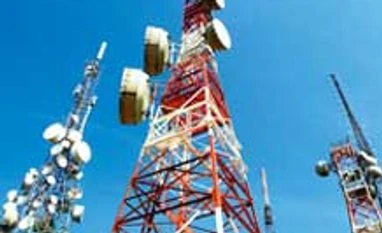Airtel’s licences in Delhi and Kolkata; Vodafone’s in Delhi, Mumbai and Kolkata and Loop Mobile’s in Mumbai would expire in 2014. “By charging the Trai-recommended reserve price and flat rate of SUC (spectrum usage charge) of three per cent on adjusted gross revenue vis-a-vis the existing rate of six per cent... The loss in net present value term at 12.5 per cent discounting would be Rs 3,738 crore,” said an official source.
While estimating the loss, DoT assumed their licences would get spectrum at the Trai-recommended price and the same amount as now.
More From This Section
Trai has recommended implementing a uniform SUC of 3 per cent from April 1, 2014 and keeping the upper limit of SUC slab at 5 per cent.
SUC, which is levied annually by the government as a percentage of revenue earned by mobile operators, varies from 3-8 per cent.
While the recommendation may end up providing relief to players such as Airtel, Vodafone, Idea Cellular, Reliance Communications, it may burden the holders of broadband wireless access (BWA) spectrum like Reliance Jio Infocomm who are required to pay 1 per cent SUC at present.
DoT is still working on the amount it will gain by increase USC on BWA players.
On Thursday, top executives of four telecom operators -- Airtel, Vodafone, Idea Cellular and Uninor -- approached the prime minister's office, member of Empowered Group of Ministers(EGoM) on telecom, Department of Telecom and Trai chairman seeking implementation of a uniform rate across the industry.
The executives demanded that the government implement a flat SUC across the industry and if that is not possible at present, then to levy uniform charge of 1 per cent for all the players deploying the 4G technology.
The Telecom Commission may meet on Tuesday to discuss SUC and its recommendation will be sent to EGoM on telecom, headed by Finance Minister P Chidambaram.
It will be for the EGoM to move the Cabinet for a final decision on the SUC, sources said.
)